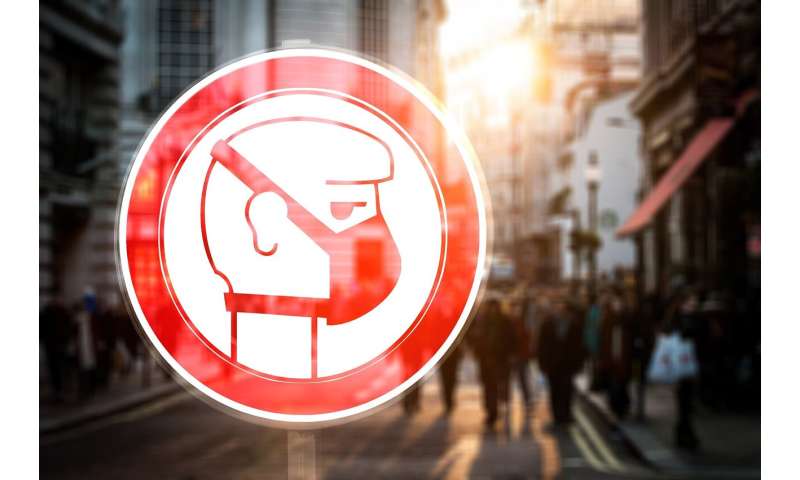
Florida on Saturday hit a new daily coronavirus case record of nearly 10,000—a dramatic setback that several other states are also experiencing as economic reopenings clash with public health realities.
Infections are also up in some other parts of the world that have reopened, including the Czech Republic, which recently marked its biggest spike in virus cases in months.
The US leads the world in COVID-19 cases by far, accounting for 2.5 million of the global total of nearly 9.9 million since the virus emerged late last year in China.
US deaths now exceed 125,000, approximately one-fourth the world total of over 495,000.
The tension between public health and economic demands, a source of debate in nearly every country, will likely persist until a vaccine is developed.
“Something must be done to prevent economic problems caused by the coronavirus,” said supreme leader Ayatollah Ali Khamenei in Iran, which has struggled to curb its outbreak.
But the country gradually lifted restrictions from April to try to revive its sanctions-hit economy.
“But in the case of negligence and significant spread of the disease, economic problems will increase, too,” he said.
On Saturday, stars including Coldplay, Miley Cyrus and Jennifer Hudson lent support to a European Commission-led drive that raised 6.15 billion euros ($6.9 billion) to support vaccine research and help make it available to poorer countries.
Some of those countries are still far from reaching their peak in infections, authorities say.
In India, densely populated cities have been particularly hard hit. The country set a daily record Saturday with 18,500 new cases and 385 deaths. Total infections are at 509,000, with more than 15,600 deaths.
‘Explosion’ in Florida
In Florida, Governor Ron DeSantis has been a proponent of a rapid reopening. But he conceded Friday that his state had seen an “explosion” in virus cases, particularly among young adults who flocked to the state’s beaches.
Authorities in Miami announced beaches will be closed over the July 4 holiday weekend, normally one of the busiest times of the year. Some Florida cities canceled July 4 fireworks displays.
The 9,585 new cases recorded Friday in the “Sunshine State” marked a high point since the pandemic began its relentless march around the globe. The state also reported 24 deaths.
Spiking numbers there and in several other US states marked a dramatic setback to efforts to reopen and salvage badly battered economies—efforts pushed by President Donald Trump.
Texas and Florida, both with Republican governors who had resisted prolonged lockdowns, have announced new restrictions on bars.
In California, Governor Gavin Newsom ordered Imperial County to reinstate stay-at-home orders, while San Francisco announced a “pause” in reopening, set for Monday, of barbers, hair salons and outdoor bars.
In Florida, the average age of people infected has dropped sharply—to 33 from 65 two months ago. Young people frustrated by months of confinement have poured back to the state’s beaches, boardwalks and bars, often without masks and seemingly unconcerned about social distancing.
‘If I could go back…’
Texas Governor Greg Abbott said Friday he was sorry he had allowed bars to reopen so soon.
“If I could go back and redo anything, it probably would have been to slow down the opening of bars, now seeing … how quickly the coronavirus spread in the bar setting,” he told KVIA television.
Texas was among the first US states to reopen. Starting May 1, restaurants, movie theaters and stores were allowed to open with limited capacities.
More than half of US states, particularly in the South and West, have seen spikes in the number of COVID cases, while once hard-hit northeastern states have continued to mark improvements.
The virus has thrown world sports into turmoil. Pakistan’s cricket board announced Saturday it would leave 10 players off its tour of England on Sunday after they tested positive.
Source: Read Full Article
